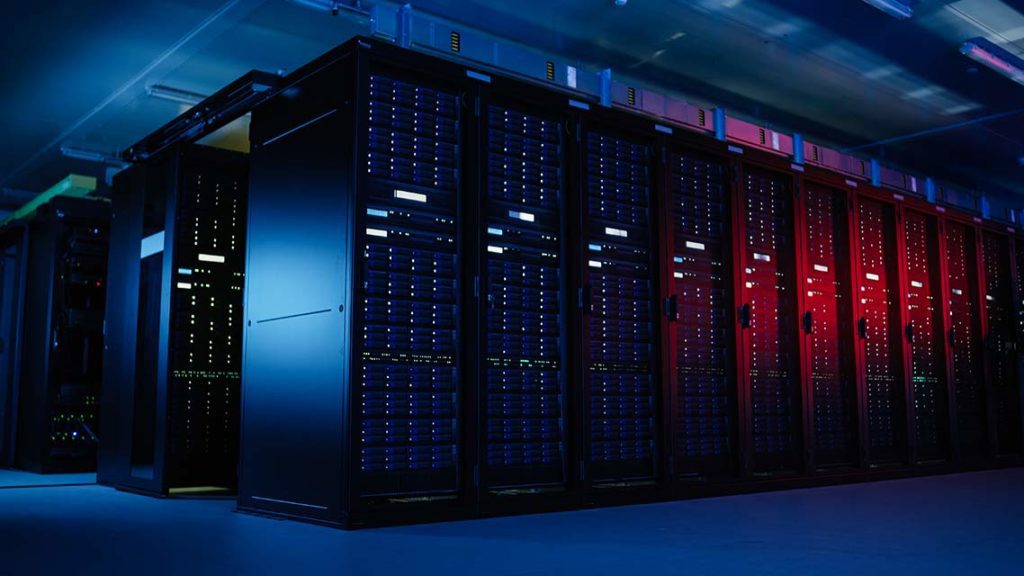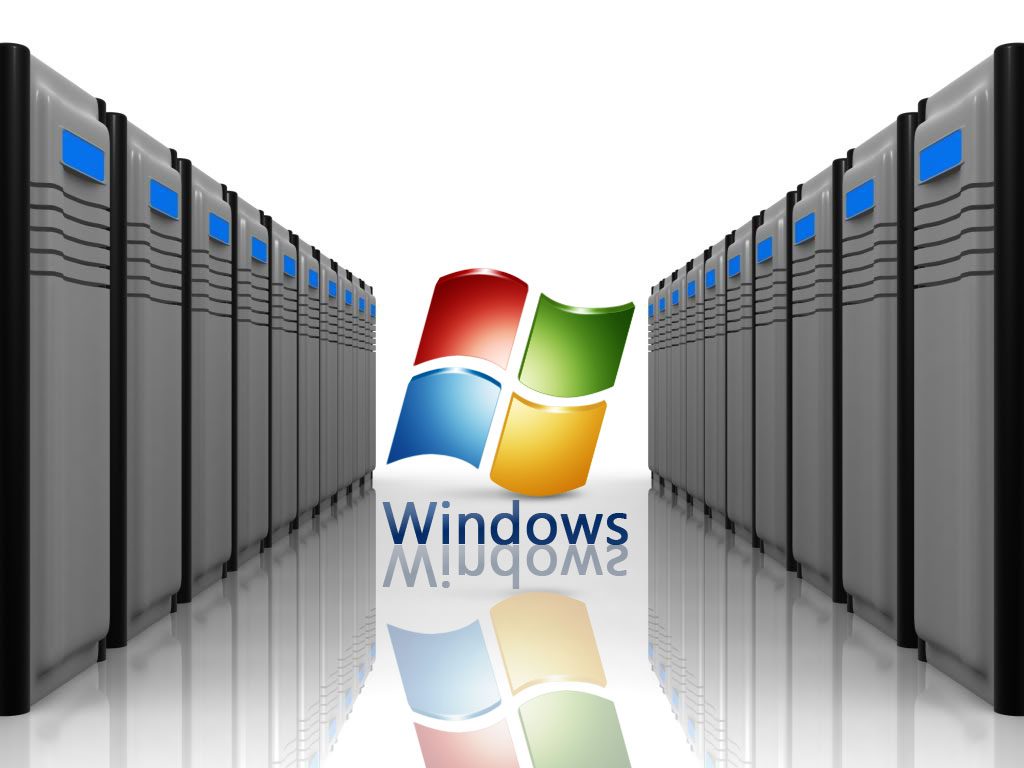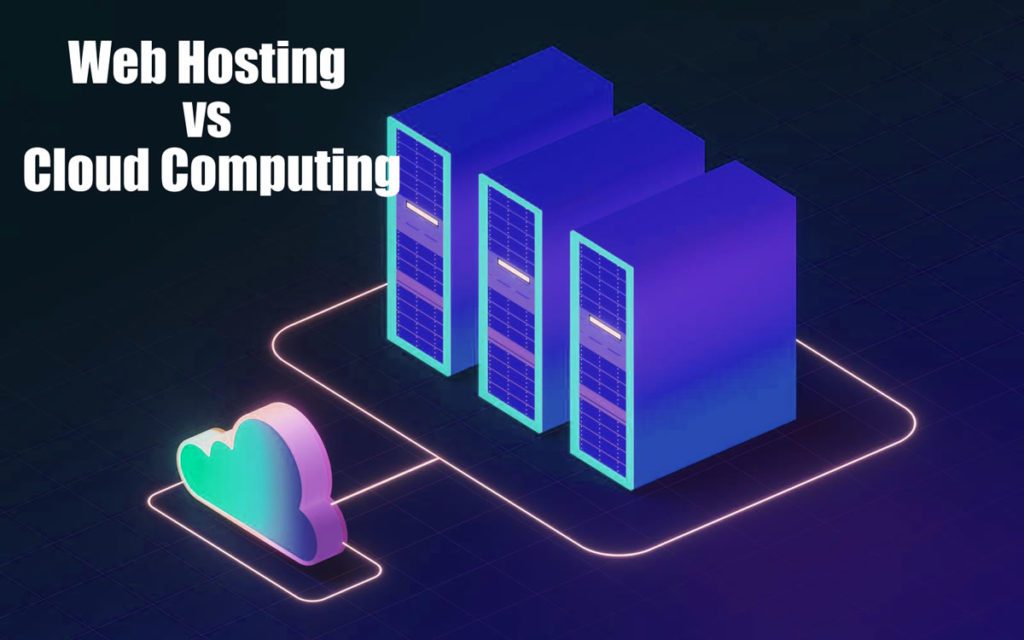Dedicated servers are an essential component of the web hosting ecosystem. They are impossible to ignore and are frequently at the core of conversations about web hosts. But what precisely is it?
A dedicated server is nothing more than a computer without a screen or a keyboard. A host makes these computer services available to a customer. On this computer, an operating system, usually Linux or Windows, is installed. And on this operating system, programs or applications such as a web server, a database, a mail server, and so on are installed. The variety and number of applications are virtually endless. As a result, it is absolutely viable to use a dedicated server to host an email program, a website, or both at the same time.
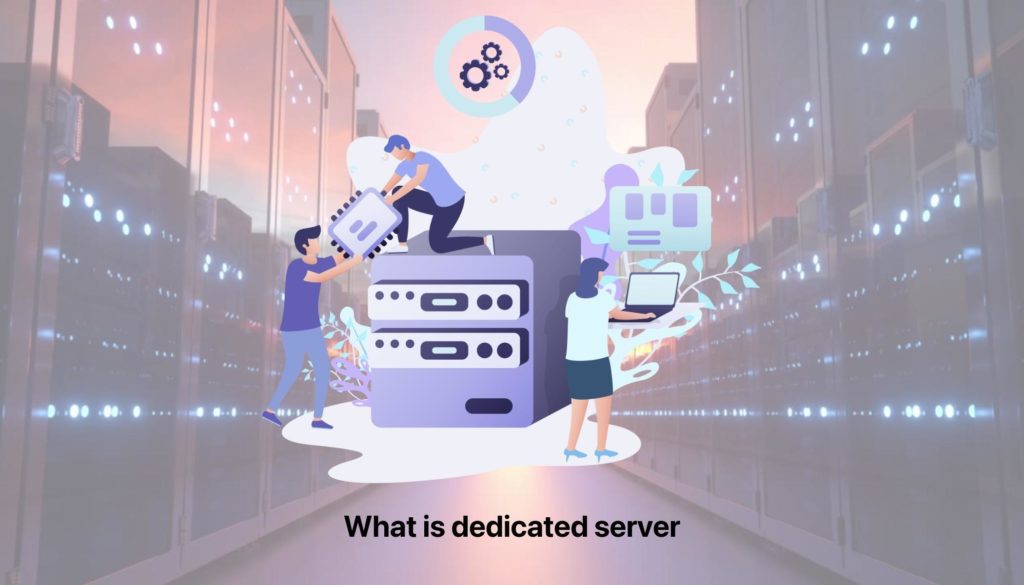
This dedicated server is housed in bays, which are big computer cabinets that are housed in a datacentre (or datacenter in English), which is a computer data centre that is normally built to withstand various damages (electrical breakdowns, network outages, etc.).
Is a dedicated server required for my website?
No, it is not required. There are various kinds of web hosting. Shared hosting is the most frequent. Unlike a dedicated server, shared hosting involves the user renting disc space and resources that are shared with other customers.
Shared hosting is less expensive and easier to set up because it does not require any technical knowledge: the host manages the servers. Shared hosting, on the other hand, is often less efficient and versatile than dedicated hosting due to the pooling of resources. You are not permitted to install programs of your choice and must make do with the web environment as is.
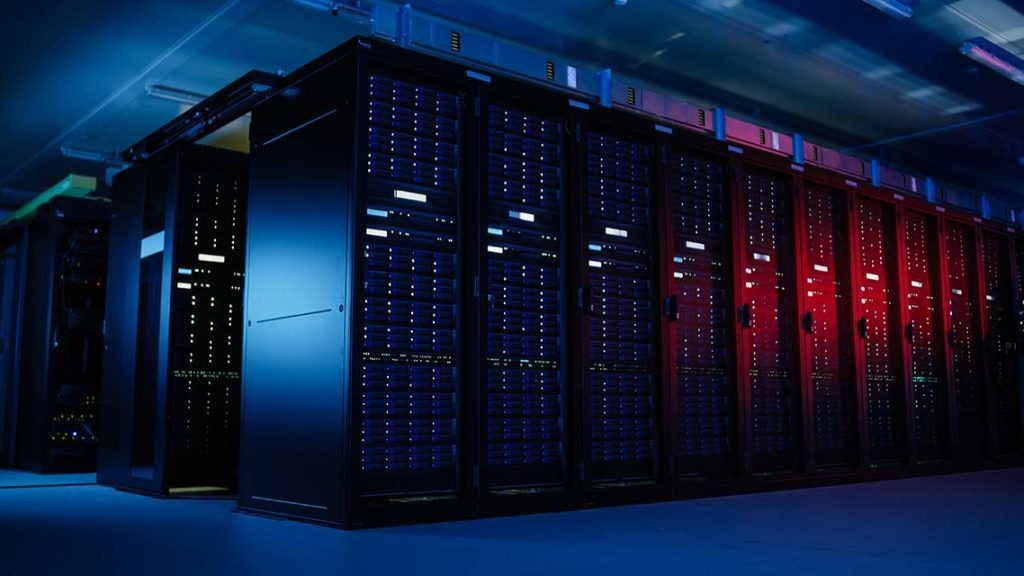
Characteristics of a dedicated server
CPU – A processor, often known as a CPU, is the dedicated server’s computational brain. The more powerful the processor, the better the server’s ability to handle demanding tasks. This can have a substantial impact on a website’s loading times, for example.
RAM – It is required for the CPU to function properly. Again, the more memory you have, the faster your dedicated server will be.
Data Storage – A data storage hard disc (your files, databases, emails, etc.). Hard drives come in a variety of sizes, with bigger capacity drives being slower. For applications that need intensive access to data, such as databases, we will tend to favor SSD technology which offers very fast writes and reads.
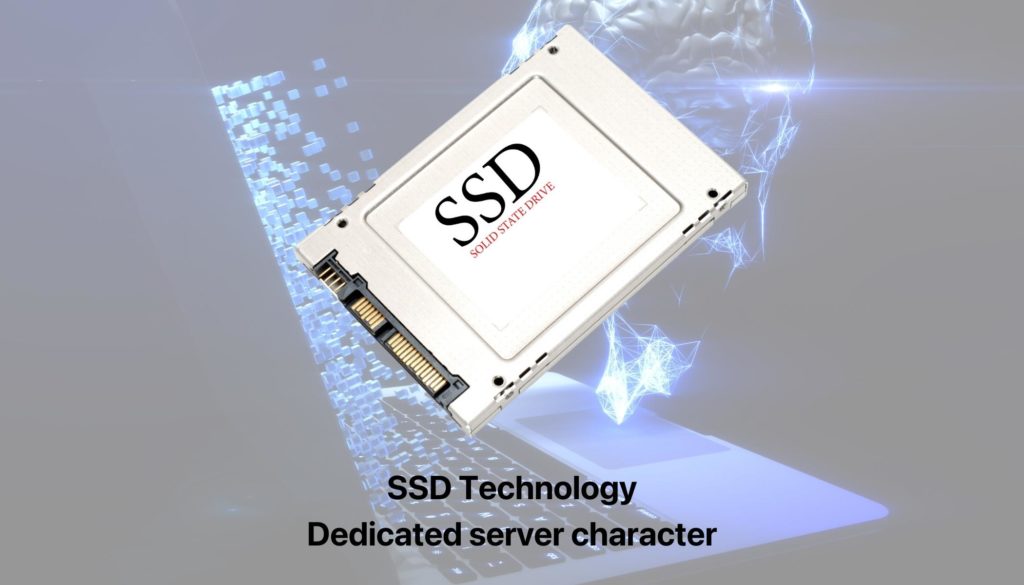
Network Card – A network card is the piece of hardware that links your web server to the Internet. A network cable is connected into it, connecting the dedicated server to the network equipment of your host.
A RAID card – If the server is equipped with many hard discs, it is possible to set them in redundancy, so that if one of the hard discs fails (which happens very regularly), the data is duplicated to another hard disc, and so no data loss occurs. These data logistics are handled by the RAID card.
Dedicated server and bandwidth – Dedicated servers are frequently related to the bandwidth offered by the host. This bandwidth corresponds to the size of the pipe that links you to the Internet. It is thus the speed of your server, represented in Mb/s (Megabits per second) or Gb/s (Gigabits per second) (Gigabits per second). The more bandwidth you have, the faster your server can transfer data.
In actuality, 100 Mb/s of bandwidth is more than enough to host one or more websites. A greater bit rate may be required for certain applications, such as audio or video streaming.
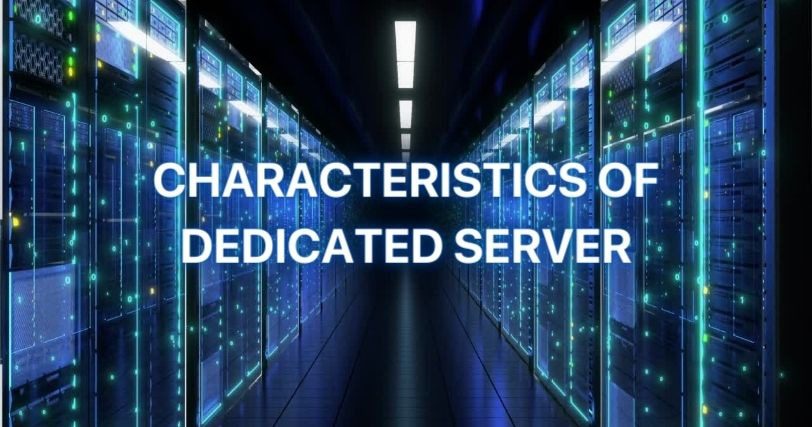
What is the difference between a dedicated server and a virtual private server (VPS)?
A VPS server is a type of virtual server. Consider your dedicated server to be a cake. Or, more precisely, a pie. I enjoy pies, especially rhubarb ones. In a nutshell, cut it into 8 slices and serve to your visitors. Everyone will get a piece of the pie because it is his, he does not share it, and it tastes the same as the others. Each individual has their own virtual server.
As a result, a virtual server is a type of dedicated server. It has its own set of features (CPU, RAM, disc, bandwidth), as well as its own operating system. However, it is not a computer in the physical sense of the word. It is a simulated machine.
As a result, a VPS is less expensive than a dedicated server. However, because you only have a portion of the host server’s resources, it is also less powerful. As a result, it’s a compromise.
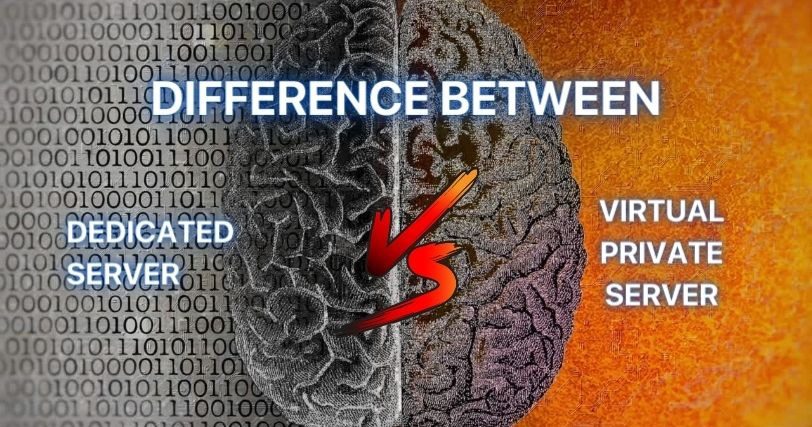
Administration of the dedicated server
Fortunately, you don’t have to be on-site to manage a dedicated server. The administration of a dedicated server is done remotely via numerous modes of connectivity. To accomplish this, the host assigns the dedicated server a public IP address to which you can connect.
Depending on the applications installed, it is possible to control the server either by a protocol such as SSH or directly from the browser if the dedicated server has an administration panel, such as Plesk, Webmin or even cPanel.
Technical knowledge, on the other hand, is essential. It is strongly advised to have adequate features or, failing that, to hire a service provider to manage your dedicated server.

Managed Dedicated Server
We refer to an outsourced dedicated server when you entrust the administration of the dedicated server to a service provider (which can occasionally be the host itself even if it offers this service). This service provider is generally in charge of its maintenance, security upgrades to the operating system and applications, server availability monitoring, and relationships with the host.
Obviously, any outsourcing service has a cost, which is either invoiced by the hour of intervention or, more commonly, as a monthly fixed amount. The cost of server outsourcing is sometimes substantially higher than the cost of renting the server itself.

Dedicated Server Hosts
To begin with, dedicated servers are rented from a host and cannot be purchased. Dedicated servers are not available from all web hosting. Some have decided to concentrate on shared hosting, VPS servers, or Cloud Computing, which are sometimes regarded as more modern and better suited to corporate limitations.

